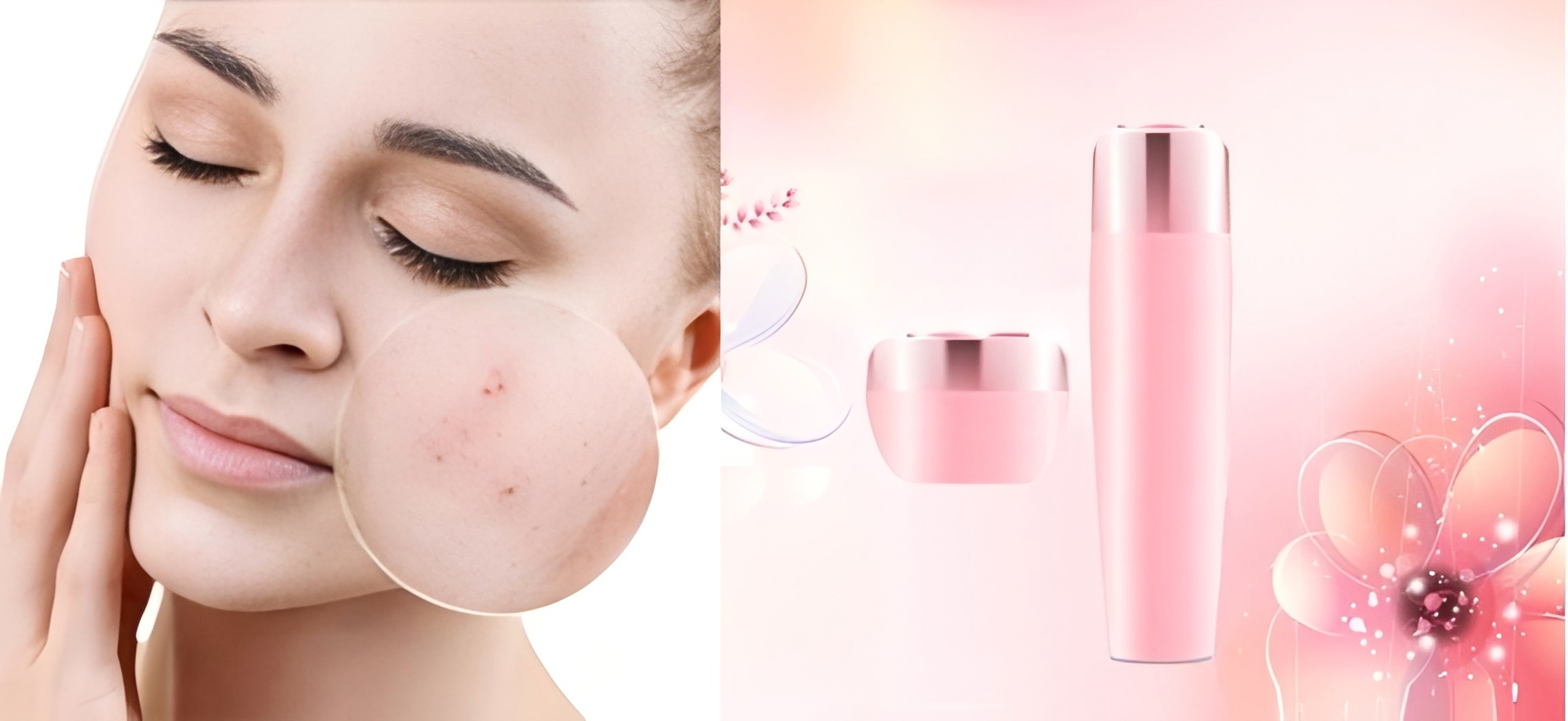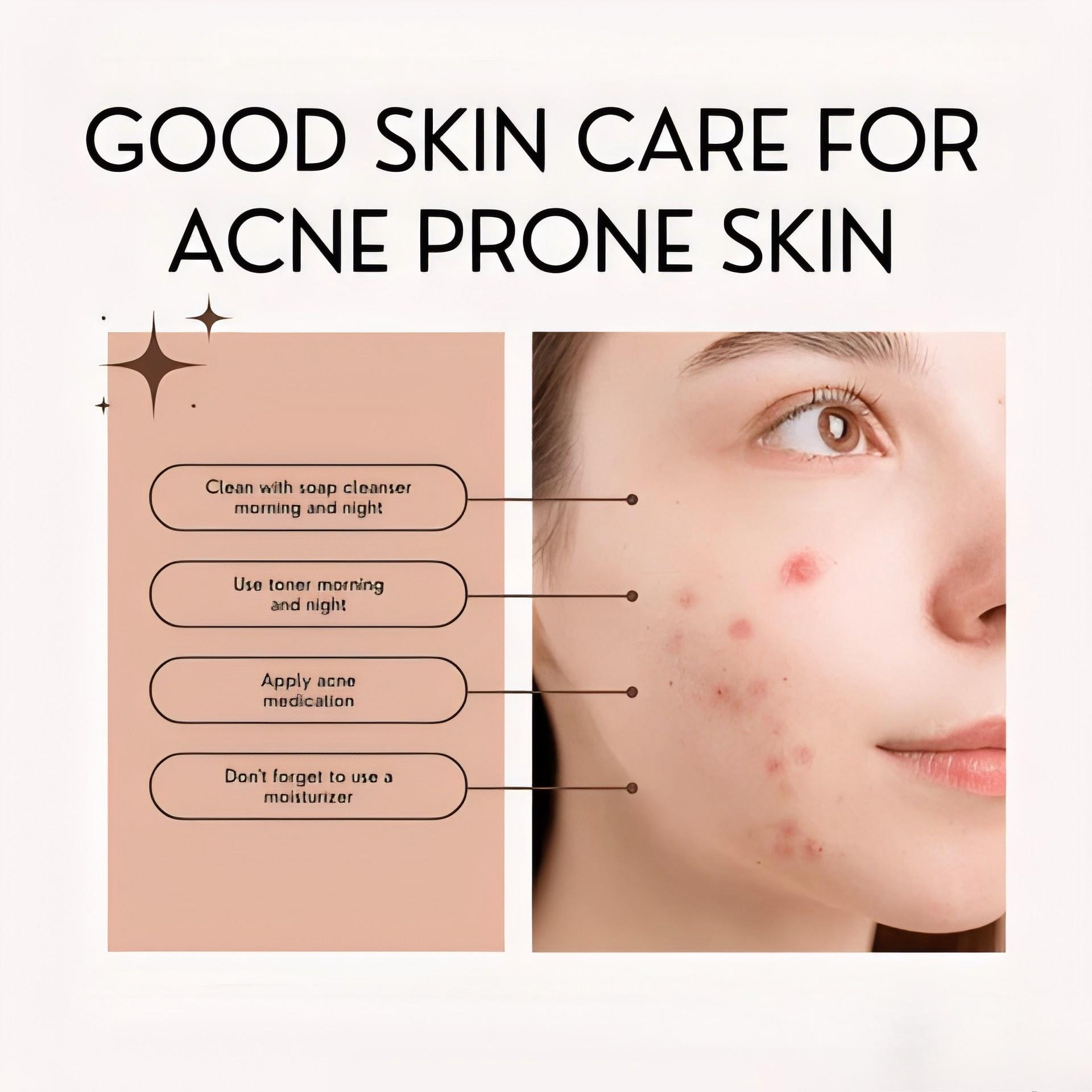Financial News
The skincare guide for acne prone skin-Zinc PCA
What is Zinc PCA?
As it can be figured out from the name itself, Zinc PCA is made up of two components - Zinc and PCA (Pyrrolidone Carboxylic Acid). PCA is a naturally occurring amino acid that can be found in the skin. Zinc PCA, or zinc salt, however, is a synthetic ingredient that is made by combining zinc and PCA.
Zinc PCA is basically derived from Zinc and is used for skin & hair conditioning. It is becoming one of the most loved ingredients in the world of skin care because of its numerous benefits. Apart from deeply moisturizing and hydrating the skin, it also fights acne-causing germs and leaves the skin supple and smooth. Moreover, it also fights the signs of aging. The full form of Zinc PCA is Zinc Pyrrolidone Carboxylic Acid. It is a compound that is natural and is known for aiding the tightening of the skin.

Zinc PCA for acne prone skin?
Research on acne and zinc tends to go hand in hand because zinc has been linked to anti-inflammatory, sebum decreasing and antibacterial properties. Although it's worth noting that the role of zinc in acne treatments has been seen as controversial in the past.
Zinc-PCA provides the benefits of PCA in combination with the benefits of zinc. But which skin types can it be used on? Well, all of them really! Its sebum-regulating and antimicrobial properties make Zinc PCA particularly useful for oily skin prone to acne. Combination skin also benefits from the combination of moisture-binding and sebum-reducing properties. And, because both Zinc and PCA occur naturally in our bodies, Zinc PCA is also suitable for sensitive skin!
Along with its many benefits for acne prone skin, zinc ions are also known for protecting the skin against the degradation of collagen by UV rays, which prevents the skin from aging! It truly is a great all-rounder!

The Role of Zinc PCA in Acne Control
Zinc PCA (Zinc Pyrrolidone Carboxylic Acid) is an important acne treatment due to its diverse properties and mechanisms of action. Let us look at the specific roles of zinc PCA in acne management and control:
1.Sebum Control: Excessive sebum production promotes the growth of acne. Zinc PCA assists in controlling sebum production, which lessens excessive oiliness on the skin's surface. Zinc PCA aids in preventing pore clogging, which is a major contributing factor to the development of acne, by regulating sebum production.
2.Effects on bacteria and microbes: The bacterium Propionibacterium acnes (P. acnes), which is frequently found on the skin, is linked to the emergence of acne. The antimicrobial properties of zinc PCA specifically target P. acnes. Zinc PCA helps to lessen the frequency of acne breakouts by reducing the number of P. acnes colonies on the skin and stopping the growth of this bacterium.
3.Anti-Inflammatory Properties: Inflammation is a major contributor to acne pathogenesis. Zinc PCA has anti-inflammatory and antimicrobial properties that help reduce the redness, swelling, and inflammation associated with acne lesions. Zinc PCA promotes a calmer and less irritated complexion by reducing the inflammatory response in the skin.
4.Skin Healing: Zinc is involved in many aspects of wound healing and tissue repair. Zinc PCA aids in the healing of acne lesions in acne-prone skin, potentially reducing the risk of scarring. It promotes collagen synthesis, cell proliferation, and migration, resulting in healthier skin tissue regeneration and faster healing of acne lesions.
5.Keratinization Regulation: A contributing factor to acne formation is abnormal keratinization, in which dead skin cells do not shed properly, resulting in pore blockage. Zinc PCA regulates the keratinization process, promoting the proper shedding of dead skin cells. This action inhibits the formation of comedones (clogged pores) and thus prevents the development of acne.
6.Antioxidant Activity: Zinc PCA's antioxidant properties guard the skin against oxidative harm brought on by free radicals. Free radicals can harm skin cells, cause inflammation, and exacerbate acne symptoms. Zinc PCA reduces oxidative damage and improves overall skin health by disarming free radicals.
Safety and Precautions with Zinc PCA Use
Zinc PCA is widely regarded as safe for use in cosmetics. Keep the following safety precautions in mind when incorporating Zinc PCA into your skincare routine:
1.Patch Test: Perform a patch test on your face before using any product containing Zinc PCA. This aids in the identification of any potential allergic reactions or sensitivities to the ingredient. If you have any adverse reactions, such as redness, itching, or irritation, stop using the product and consult a dermatologist.
2.Use as directed: Follow the product manufacturer's instructions for recommended usage and frequency. Overusing zinc PCA-containing products, or using higher concentrations than recommended, may cause skin irritation or other undesirable side effects.
3.Avoid Eye Area: Avoid direct contact with the eyes when using Zinc PCA products. If inadvertent contact occurs, thoroughly rinse the area with water. Seek medical assistance if the eye inflammation persists.
4.Combination with Other Acne Treatments: If you are using other acne treatments, such as prescription medications or topical creams, consult with a dermatologist before using Zinc PCA products. They can advise you on how to incorporate Zinc PCA into your current skincare routine while avoiding any potential interactions or side effects.
5.Sun Protection: While zinc PCA does not provide significant sun protection, some zinc PCA-containing products may contain sunscreen ingredients. The use of a separate broad-spectrum sunscreen with a sufficient SPF is still advised when exposing your skin to the sun. Products containing zinc PCA that also have sun protection can add another line of defense against UV rays.
6.Individual Sensitivities: People may react differently to certain ingredients, such as zinc PCA, on their skin. If you have a known allergy or sensitivity to zinc or any other ingredient, it is critical that you carefully read product labels and consult a dermatologist before use.
Because everyone's skin is different, reactions to Zinc PCA may differ. If you observe any negative effects, modify your regimen or visit a dermatologist for advice. You may harness the potential of Zinc PCA for clearer, healthier skin by adding it to your acne management strategy and following best practices.
Media Contact
Company Name: YR ChemSpec
Email: Send Email
Country: China
Website: https://www.yrbeautyactives.com/
Stock quotes supplied by Barchart
Quotes delayed at least 20 minutes.
By accessing this page, you agree to the following
Privacy Policy and Terms and Conditions.



